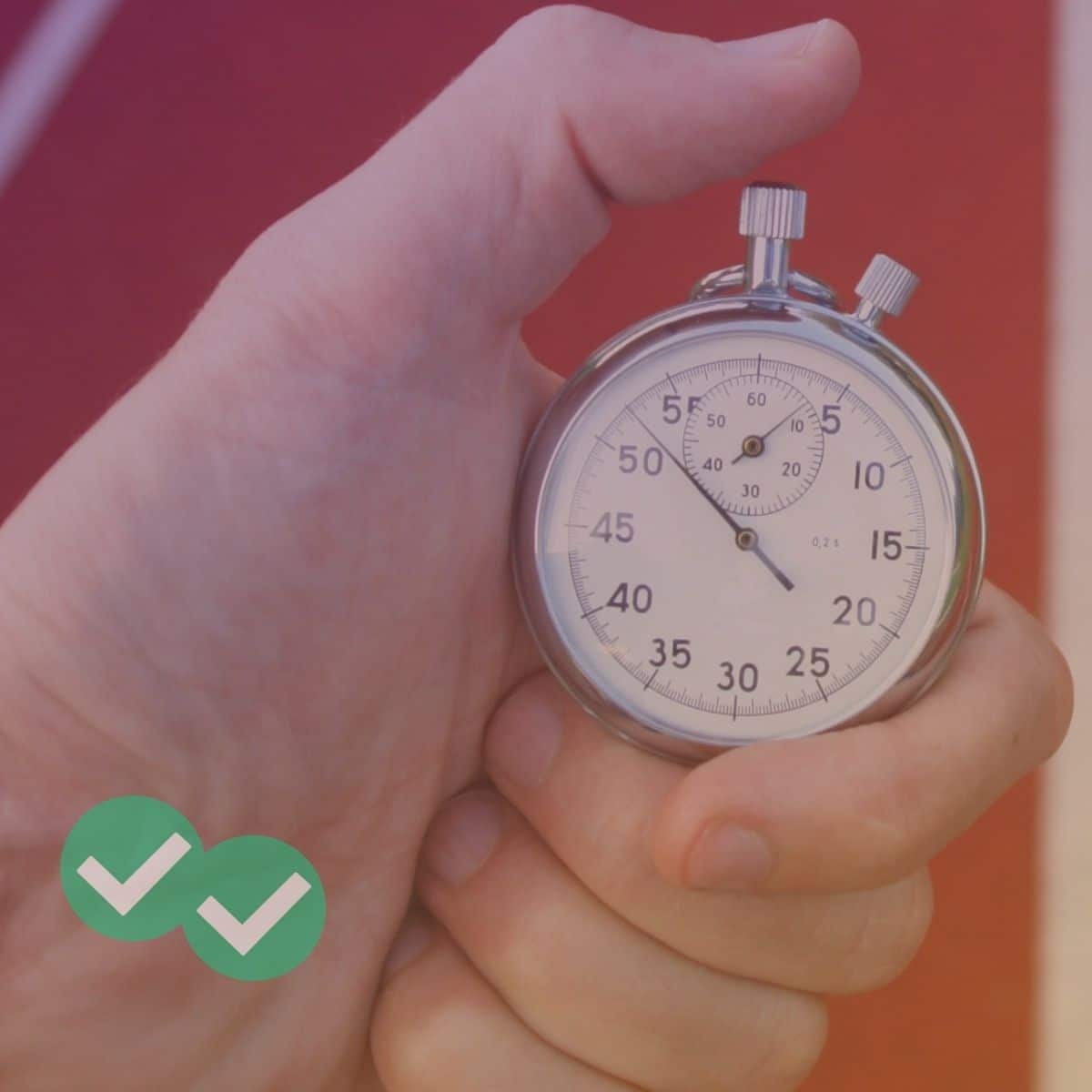Introduction: parallelism
Parallelism is one of the GMAT’s favorite grammatical structures. Probably almost half of all SC questions involve parallelism of some kind. Of course, one can put nouns or adjectives into parallel, but what’s the fun of that? Parallelism only gets interesting when you put entire verbs or verb phrases (e.g. infinitive phrases, participial phrases) into parallel.
Of course two items in parallel must be the same grammatical form: both regular verb forms, or both participles, or both infinitive. But the question arises — if they are regular verbs, or if they are participles, must the two items in parallel match in tense?
Parallel verbs and tense
Can regular verbs in parallel have different tenses? The OG provides a resounding “YES” to this question. Not one, but two different SC questions in the OG13, SC#10 and SC #91 have correct answers in which the parallel verbs have different tenses. Here are other examples of such a sentences:
1) China had been united under the Qin (221 – 206 BCE) and Han (206 BD – AD 220) before Buddhism was introduced, and it was united again in the Tang (618 – 907) Dynasty, a time now regarded as the “golden age” of Chinese Buddhism.
2) Ancient Celtic legend holds that the mythical figure of Arthur was at one time king of all of England and, in some future time of need, will arise as king again.
3) The baseball team gave up seven unearned runs in the second inning of today’s game, and still are losing in the seventh inning.
In the first sentence, we have a past perfect verb parallel with a simple past verb. In the second sentence, we have a simple past verb parallel with a simple future verb. In the third sentence, we have a simple past verb parallel with a present progressive verb. The first two concern the history of religious ideas, and the third strongly resembles a team for which the author of this article roots — you know, I just would rather not talk about it! 😛
Parallel participles and tense
Can the participles of two participial phrases in parallel be different tenses? Here, we are not on such solid ground. The OG13 affords no examples for or against, nor am I familiar with any official test material that explores this construction. The most I can say is: all authorities on grammar would call this construction perfectly acceptable, so there is no reason it couldn’t appear at some point in the future on GMAT SC. Here are a couple completely correct examples.
5) Ralph Nader, having run for US President six times and declining to run again in 2012, explained his reasons during a symposium at the university.
6) The Atlantic Ocean, formed when Europe split away from America 130 million years ago and still expanding today, will be Earth’s largest ocean at some point in the distant future.
Sentence #5 uses a somewhat unusual participle tense, a perfect participle, “having run” in parallel with a present participle; perfect participle are rare on the GMAT, but they do appear. Sentence #6 uses a past participle in parallel with a present participle. Again, those are grammatically 100% correct, and there’s no reason they couldn’t appear on GMAT SC, although, again, we have not seen any examples of this construction on the GMAT.






Leave a Reply